Seven Utrecht University researchers receive ERC Starting Grant
1,5 million euros for a research team or own programme
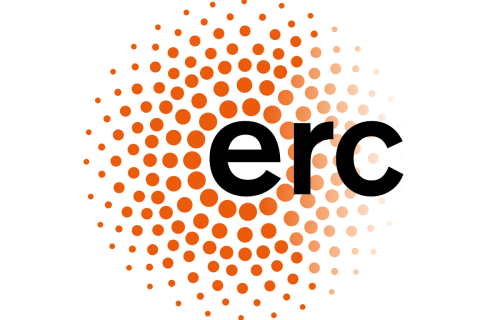
Seven researchers at Utrecht University have been awarded an ERC Starting Grant. The European Research Council awarded the €1.5 million grant to Yang Yao, Frederik Verweij, Daan Weits, Joost Snijder, Niko Wanders, Floris Schuiling and Daan van Uhm. The grant helps them to set up their own research project, assemble a research team and develop scientific ideas.
Projects and laureates
This project provides a new platform for bioengineering below the freezing point of water, and will shed light on astrobiology.
Project ArtWater

Liquid water is the prerequisite of life. Yet researchers discovered living organisms in permafrost at -20 °C, where water is supposed to be frozen. How these organisms manage to survive at subzero temperatures is still not fully understood, even though this understanding has important implications for studies on the origin of life and the search for life in the universe.
Within the project, Yao wants to gain insight on the physical state of water inside living cells at temperatures below the freezing point of water. She will deploy state-of-the-art synthetic compartments that serve as model systems for cells. The compartments will be filled with liquids that mimic the cytoplasm, the content of the cell outside the cell nucleus. Yao will then study the crystallization and dynamics of the water inside the compartments. The physical chemist aims to develop artificial cells equipped with liquid water that show biological activities at subzero temperatures.
We want to make it possible to ‘decode’ the tiny vesicles by which cells communicate with each other in their natural context.
Project CROSSTALK

Cells in our body exchange tiny vesicles that contain proteins and genetic material, among other things. Through these vesicles, cells coordinate their activities. When the communication via the vesicles is disrupted, this leads to diseases.
Although more has become known about the vesicles in recent years, technological limitations have made it impossible to examine them in their original context. Until now, vesicles have been isolated all at once, creating a situation far removed from the natural situation within a body. To date it therefore remains difficult to figure out the precise function of the vesicles, or to use the existing knowledge to fight diseases.
With this funding, Verweij wants to make it possible to read the messages between cells in their natural environment for the first time. He will do so using transparent zebrafish, combined with advanced microscopy and (synthetic) molecular biological techniques.
Knowledge generated in this project can be used to increase plant growth or increase the tolerance of crops to flooding.
Project LOKI
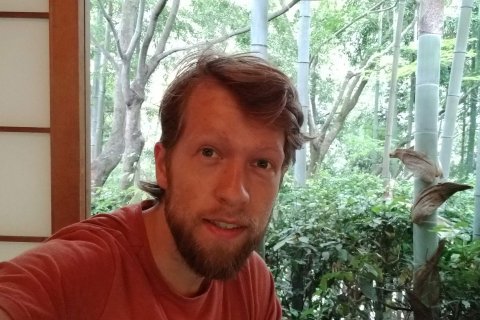
A lack of oxygen such as during a flood is bad news for a plant. But preliminary research by Weits shows that low oxygen concentrations can also play an important role in the growth and development of plants. He found that stem cells, cells that can still form into all other types of plant cells, have a lower concentration of oxygen than for example leaf cells.
With this ERC Grant, Weits will conduct fundamental research to discover how oxygen controls plant growth. He wants to find out whether low oxygen concentrations might actually protect stem cells, thus potentially shifting the paradigm that low oxygen concentrations are by definition harmful for a plant.
Knowledge and tools resulting from this project could potentially contribute to methods that stimulate plant growth or that increase the tolerance of crops to flooding. According to Weits, this is urgently needed to secure food production for a growing world population.
This grant is a huge boost for my research group. We hope to learn a lot about our immunity to these increasingly problematic viruses.
Uncovering our antibody response to flaviviruses

Flaviviruses are a tremendous burden on global public health. The genus consists of yellow fever virus, dengue virus, and zika virus amongst others. These viruses threaten more than half the global human population and are spreading into new territories. To curb the spread and lethality of flaviviruses, more knowledge is needed into how our immune system responds to infection. This could lead to improved diagnostics and help vaccine development.
In the project FLAVIR, Joost Snijder will use his unique expertise in both mass spectrometry and electron microscopy to profile our antibody response to flaviviruses. His team will develop new tools for antigen presentation to study how antibodies in blood might neutralize infection. The team is committed to making their developments broadly applicable to the entire flavivirus family, so that they can be swiftly adapted for emerging species and strains.
I want to use the grant to unravel the complexities behind multi-year droughts.
Project MultiDry
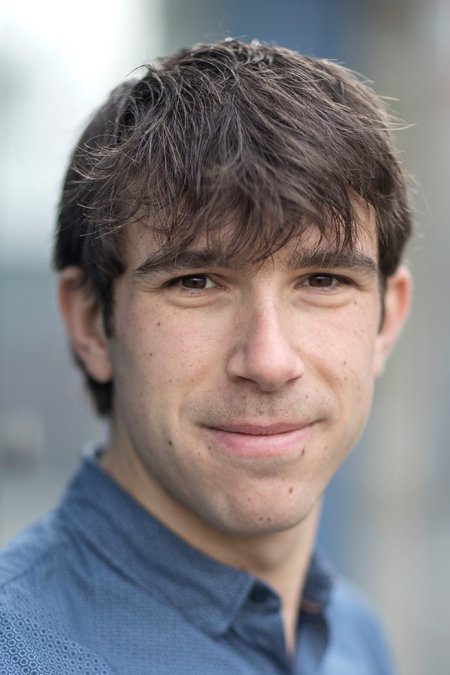
Recent decades have seen a doubling in multi-year droughts around the world, for example in Chile, South-Africa, California and even Western Europe. These droughts negatively affect agriculture, drinking water supply, hydropower, shipping and ecosystems. Contrary to ‘normal’ droughts, effects of multi-year droughts take years or decades to be reversed. Due to climate change, multi-year droughts are projected to become more frequent and longer, and the potential recovery time between them will decrease, making society more vulnerable to drought impacts.
Multi-year droughts are fundamentally different from ‘normal’ droughts. The aim of MultiDry is to unravel the complexity behind multi-year droughts and identify the drivers and interactions with vegetation, groundwater systems and human water use. The MultiDry results will inform policymakers and water managers around the world on future water challenges. MultiDry will also provide the new knowledge needed to quantify future drought vulnerability around the world, and improve global hydrological modelling of these events and drought preparedness.
With this grant, we can get a much better understanding of the artistic and political role of jazz - and especially of a loaded concept like freedom.
Project IMPRODECO
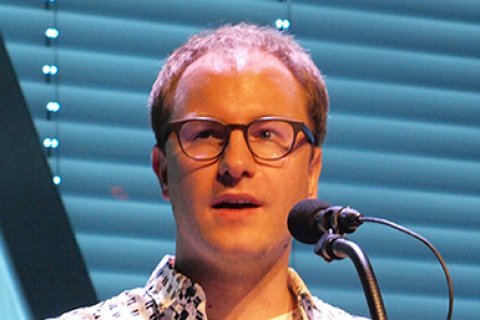
Improvised music is often associated with creative freedom, emancipation, and progressive politics. But can "free improvisation" also be exclusionary? From a radical artistic and political vision, musicians in Europe in the 1960s and 1970s imagined a completely open and free music. To distinguish themselves from jazz, they called that music "non-idiomatic": not connected to pre-existing musical styles. But to what extent was this supposedly neutral musical space implicitly white? And how much room was there for musicians of colour to draw inspiration from their own musical traditions - and thus inevitably a musical idiom - at the time of decolonisation? This is what musicologist Floris Schuiling will investigate in his project IMPRODECO. What actually is a musical idiom? How does musical practice relate to a broader political context? And how does this affect jazz and experimental music as we know it today?
Floris Schuiling is associate professor of musicology at Utrecht University. His research focuses particularly on musical practice and interprets the role of improvisation, notation and technology in musical creativity. "With this grant, we can gain much more insight into the artistic and political role of jazz - and especially of a loaded concept like freedom."
With this project, we aim to map the dynamics between the actors that facilitate green laundering to see where regulation and enforcement fall short.
Project GREENLAUND
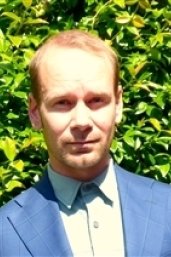
Increasingly, criminal organisations are shifting their scope to the lucrative 'laundering' of illegally obtained tropical hardwoods, protected species, metals and minerals. When these products eventually reach the international market, they possess the right documentation to pass for legal merchandise. "To facilitate green laundering, crime groups cooperate with corporations and corrupt government officials, in joint crime ventures. My research aims to understand how and why these criminal partnerships, in which the underworld and legitimate world are intertwined, launder natural resources, and what the environmental harms are," Van Uhm explains his research.
The project involves extensive data analysis of more than 100 cases of green laundering, to uncover patterns and trends. PhD students conduct field research in Borneo, the Surinamese Amazon and in Southern Africa, on illegal trade in timber, gold and rhino horn. They then use crime script analysis to map the process of green laundering step-by-step, including ramifications to accomplices in the upper world, which will reveal the main loopholes in regulations and enforcement that are being abused. These insights are crucial for policymakers, businesses, NGOs and law enforcement to develop inventive solutions to prevent and tackle green laundering.
The European Research Council (ERC) is awarding an ERC Starting Grant to 408 scientists this year. Seven of these laureates are researchers at Utrecht University. The funding totals €636 million and is part of the Horizon Europe programme.

